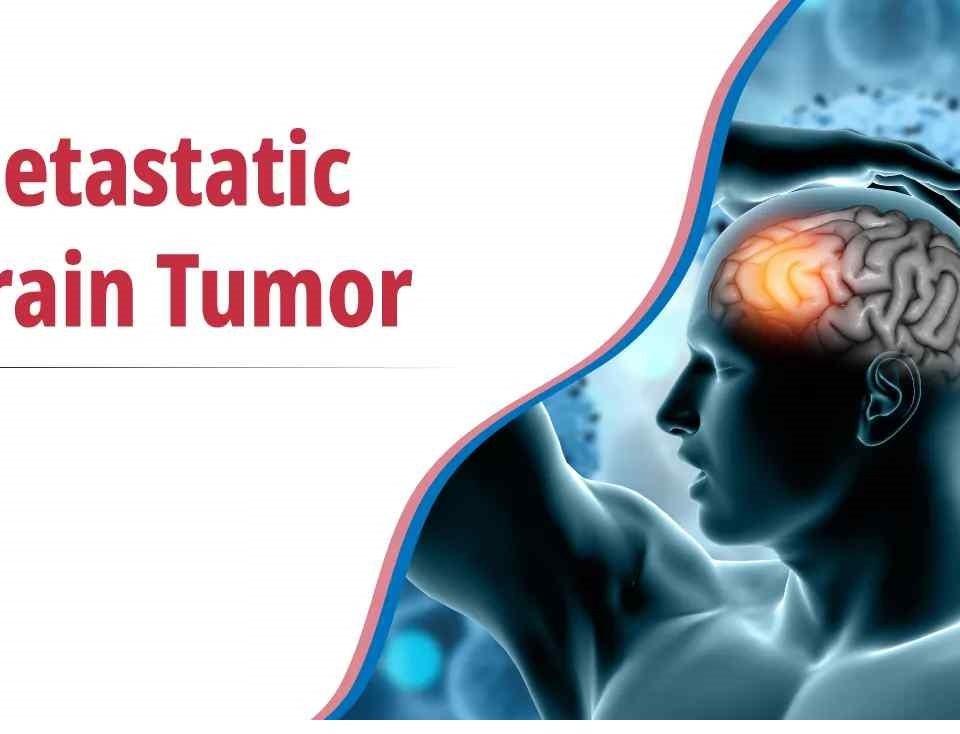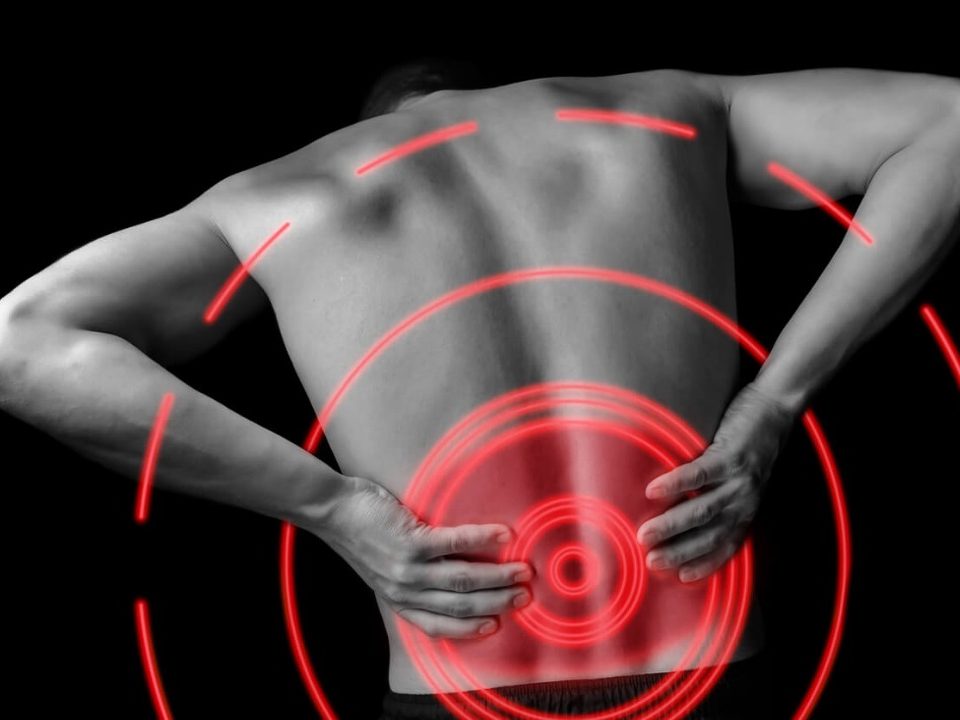The AHA/ASA classification broadly characterizes stroke into the following four broad subtypes:
- Central nervous system (CNS) infarction (including ischemic stroke and silent infarction): CNS infarction is defined as brain, spinal cord, or retinal cell death attributable to ischemia
- Intracerebral hemorrhage (ICH): Stroke caused by intracerebral hemorrhage is defined as rapidly developing clinical signs of neurological dysfunction attributable to a focal collection of blood within the brain parenchyma or ventricular system.
- Subarachnoid hemorrhage (SAH): Stroke caused by subarachnoid hemorrhage is defined as rapidly developing signs of neurological dysfunction and/or headache because of bleeding into the subarachnoid space
- Stroke caused by cerebral venous thrombosis: Stroke caused by cerebral venous thrombosis is defined as infarction or hemorrhage in the brain, spinal cord, or retina because of thrombosis of a cerebral venous structure
Recommendations for Stroke Risk Reduction
Hypertension: Treat to target <140/90 mm Hg; BP reduction is more important than choice of agent in lowering stroke risk; individualize therapy. Home self-monitoring of blood pressure in hypertensive patients
Physical Inactivity: Healthy adults: moderate- to vigorous-intensity aerobic activity at least 40 minutes per day, 3-4 days per week. Sitting for excessively long periods of time can increase your risk of stroke as well as contribute to all sorts of health ailments, like stiff joints and a cranky mood.
Low high-density lipoprotein cholesterol or high and Hypertriglyceridemia.
Diet and Nutrition: Reduced sodium and increased potassium intake; DASH-style diet rich in fruits and vegetables. Consider Mediterranean diet supplemented with nuts. As you focus on improving your diet and applying the concepts from that article, pay close attention to the following 3 nutrients as they play a crucial role in stroke prevention:
- Brain-boosting omega 3’s
- Vitamin B12
- Vitamin D
Obesity: Weight reduction in overweight and obese individuals,
Type 1 or type 2 diabetes
Smoking: Cigarette smoking has been a long-time offender of stroke risk – and it’s actually one of the top 5 causes of stroke.
Smoking thickens your blood, increases clot formation, and increases the amount of plaque buildup in your arteries; which are all big no-no’s when it comes to preventing a stroke.
Chronic, long-term stress should be taken very seriously as it can aggravate these stroke-inducing symptoms:
- High blood pressure
- High cholesterol
- Obesity
- Diabetes
Essentially, chronic inflammation contributes to a long, long list of health ailments including acid reflux, arthritis, chronic pain, high blood pressure, and heart disease – all precursors to stroke. Chronic inflammation also contributes to stroke itself.
Your microbiome consists of the 100 trillion little microbes (i.e. bacteria and other good stuff) living inside your body, and probiotics are essential for maintaining a healthy microbiome.
Your microbiome is closely connected to a healthy brain, so whether you’re getting your probiotics from supplements or from dietary sources – they’re absolutely essential for a healthy brain and your stroke prevention efforts.
Get off the hormones, ladies. Hormone replacement therapy with estrogen, used to ease symptoms of menopause, have been found to significantly boost a woman’s risk of stroke
Take aspirin and a blood thinner, if your doctor recommends it. Low-dose aspirin is regularly prescribed to prevent a second heart attack, stroke, or “mini-stroke” and also is given to patients who are at high risk of having such a cardiovascular event.
Harder to change or emerging evidence
- Obstructive sleep apnea
- Migraine
- Certain infections
- Gum disease
- Blood markers like factor V Leiden, lipoprotein(a), others
Factors you can’t change
- Age
- Gender
- Race/ethnicity
Reference:
https://emedicine.medscape.com/article/2500034-overview#a1
https://www.flintrehab.com/2016/stroke-prevention-guidelines/
https://www.health.harvard.edu/heart-health/11-ways-to-prevent-stroke


